 Book now for RKEDF training in February 2025
Book now for RKEDF training in February 2025
Click on the titles to find further details and book your place
ECRN: Demonstrating Research Impact
Monday 3rd February 14.00-16.00 – in person, online
Are you hopeful that you research is going to make a difference? Have you considered the variety of ways your research can have an impact? This session will help you consider the ways in which you can demonstrate the impact your research is having and start you off on planning an impact strategy. Facilitated by RDS expert Adam Morris.
Konfer training
Thursday 6th February 14:00 – 15:30 – in person, Talbot Campus
We invite you to an in-person training session, featuring Anna Dent-Davies and Shivaun Meehan from the National Centre for Universities and Business (NCUB). They will introduce Konfer, a powerful platform for navigating the UK innovation ecosystem. For those unfamiliar, Konfer connects users with resources and potential collaborators perfectly aligned with their research or innovation projects.
RKEDF: ECRN – Work life balance
Wednesday 12th February 13:00-14:00, in person, Talbot Campus
This session is aimed at Academics, Researchers and PGRs with an interest in discussing work/life balance within Academic roles and careers. The session aims to discuss approaches to setting and maintaining healthy work/life balance whilst also managing the demands of their role. It will follow an open, discursive model and invite responses from ECRs with input from the Academic leads.
Horizon Europe
Wednesday 12th February 13:00-14:30, in person, Talbot Campus
Looking to secure European funding? Then this Horizon Europe event is for you!
This session will cover:
- Introduction to Horizon Europe
- Where and how to find EU funding opportunities
- Panel discussion – What are the most effective ways of building international partnerships and getting involved with peers across Europe?
- Q&A session
KTP Development – Public Sector KTPs
Wednesday 19th February 13:00-14:00, in person, BGB, Lansdowne
Public Sector KTPs: Developing the ‘Business Case’ – Providing Persuasive Evidence of Impact
Sometimes organisations can see an opportunity for growth, something that will supercharge their business, but they don’t quite know where or how to start. That’s when a Knowledge Transfer Partnership could help. As part of ongoing work to grow our KTP numbers and to coincide with their milestone birthday, we are hosting a series of developmental sessions for staff (and businesses) to debunk myths, provide insights, and forge connections.
Please help us in avoiding any waste of resources; make sure you can attend or cancel your booking prior to the session. For any further information, please contact RKEDF@bournemouth.ac.uk
Links for further RKE information and support are below:
RKE SharePoint page: RKE – Home
RKEDF SharePoint for development opportunities: Research and Knowledge Exchange Development Framework RKEDF – Home
RKEDF Brightspace: Homepage – Research & Knowledge Exchange Development Framework
 This week saw the publication of ‘Bridging Research and Policy: Practical Tips for Writing Policy Briefs‘ co-authored by Bournemouth University’s (BU) Dr. Pramod Regmi and Prof. Edwin van Teijlingen as well as former BU staff Dr. Nirmal Aryal. An effective policy brief bridges the gap between research findings and policymaking, ensuring that evidence is presented succinctly and in a way that is accessible and usable for policymakers and relevant stakeholders. It is an important step in what is called knowledge mobilisation. However, many researchers find it hard to communicate the findings of their studies to relevant policymakers, whilst policymakers note that the evidence they need is not easily accessible and is often not presented in an accessible format. Producing policy briefs is one of the approaches which academics can use to get their research noticed by policymakers.
This week saw the publication of ‘Bridging Research and Policy: Practical Tips for Writing Policy Briefs‘ co-authored by Bournemouth University’s (BU) Dr. Pramod Regmi and Prof. Edwin van Teijlingen as well as former BU staff Dr. Nirmal Aryal. An effective policy brief bridges the gap between research findings and policymaking, ensuring that evidence is presented succinctly and in a way that is accessible and usable for policymakers and relevant stakeholders. It is an important step in what is called knowledge mobilisation. However, many researchers find it hard to communicate the findings of their studies to relevant policymakers, whilst policymakers note that the evidence they need is not easily accessible and is often not presented in an accessible format. Producing policy briefs is one of the approaches which academics can use to get their research noticed by policymakers.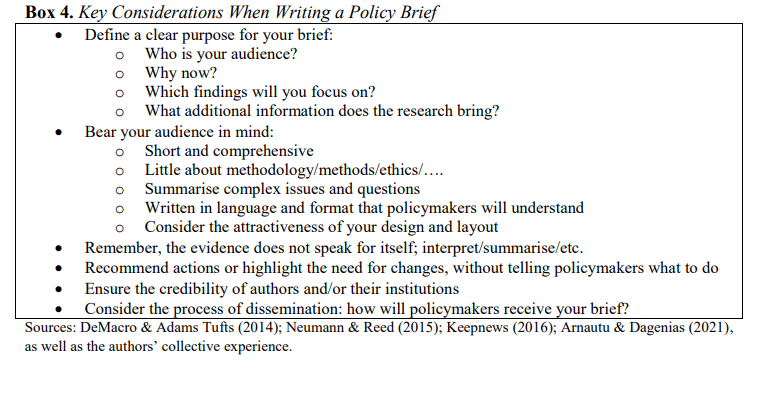 This practical paper outlines some of the trials and tribulations of producing policy briefs, based on real-world research. It offers several recommendations to help improve the writing and dissemination of policy briefs. The paper is published in an Open Access journal hence freely available to anybody across the globe with internet access.
This practical paper outlines some of the trials and tribulations of producing policy briefs, based on real-world research. It offers several recommendations to help improve the writing and dissemination of policy briefs. The paper is published in an Open Access journal hence freely available to anybody across the globe with internet access.
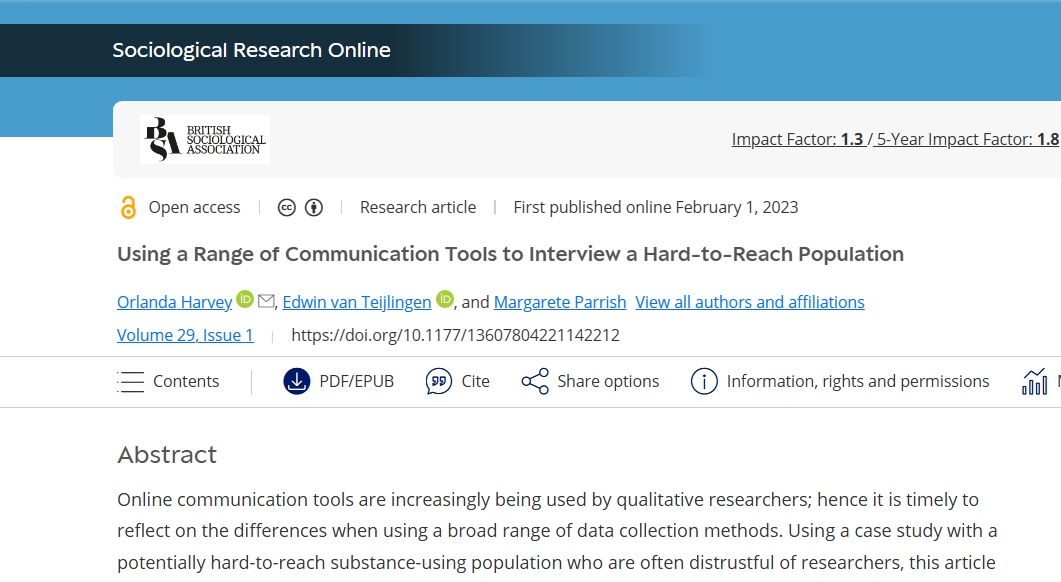

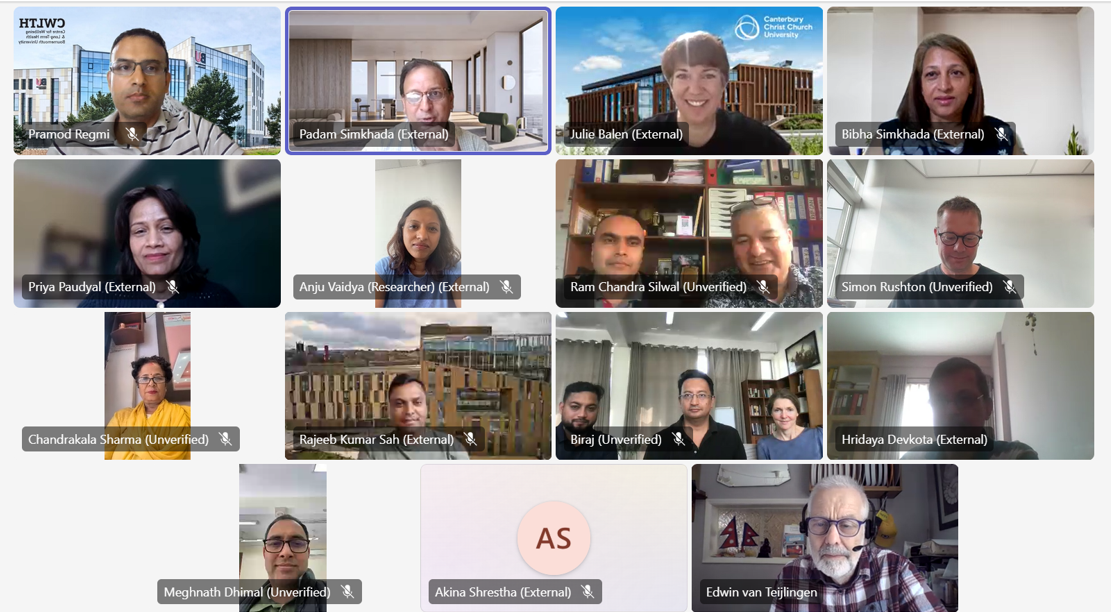


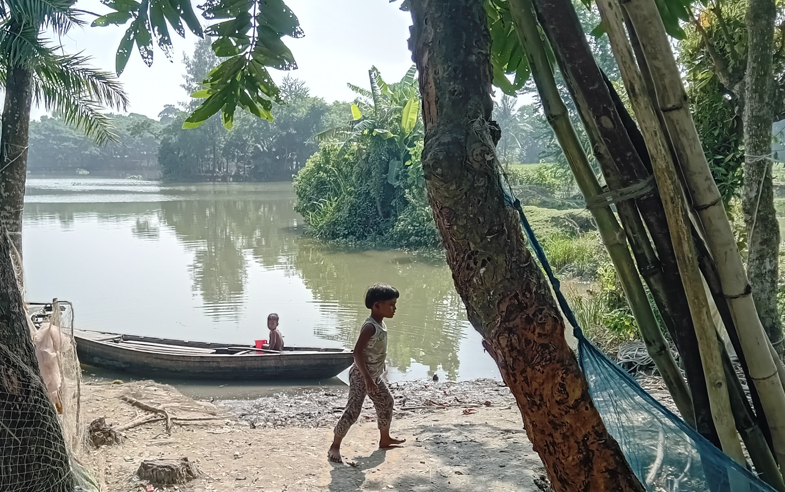


 Book now for RKEDF training in February 2025
Book now for RKEDF training in February 2025
 Funded by the
Funded by the 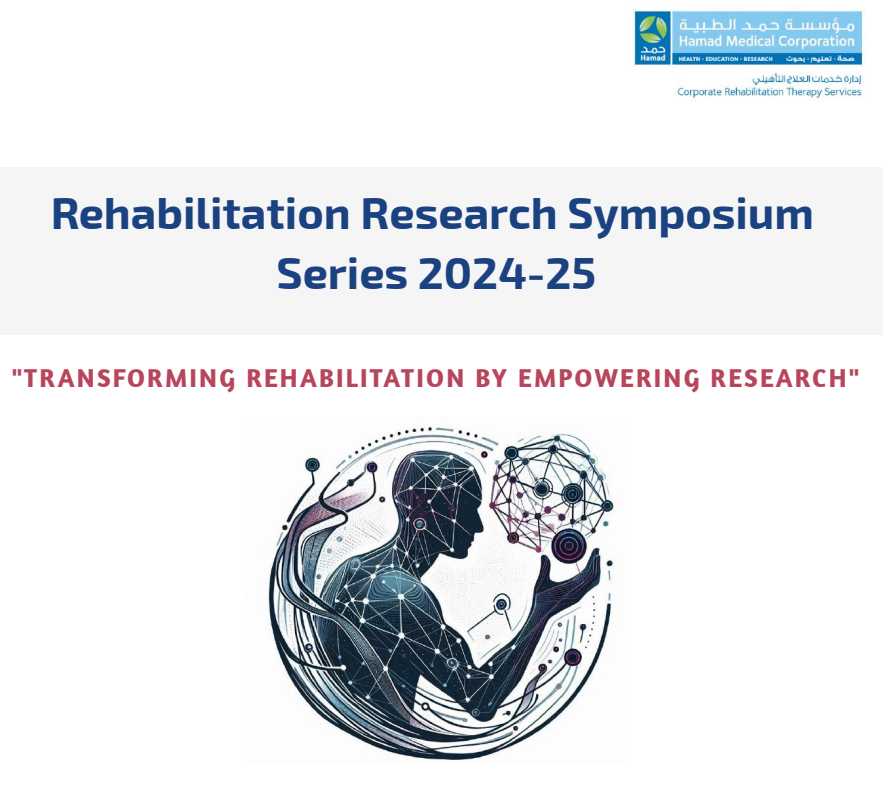

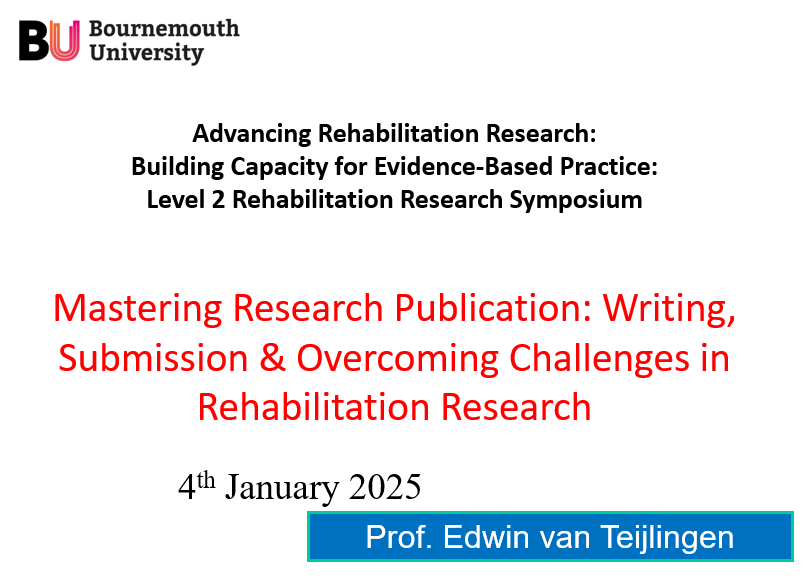
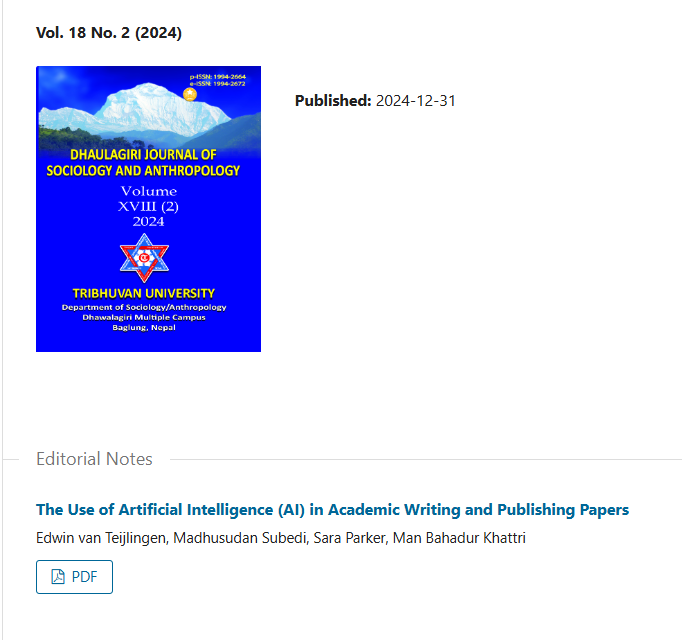

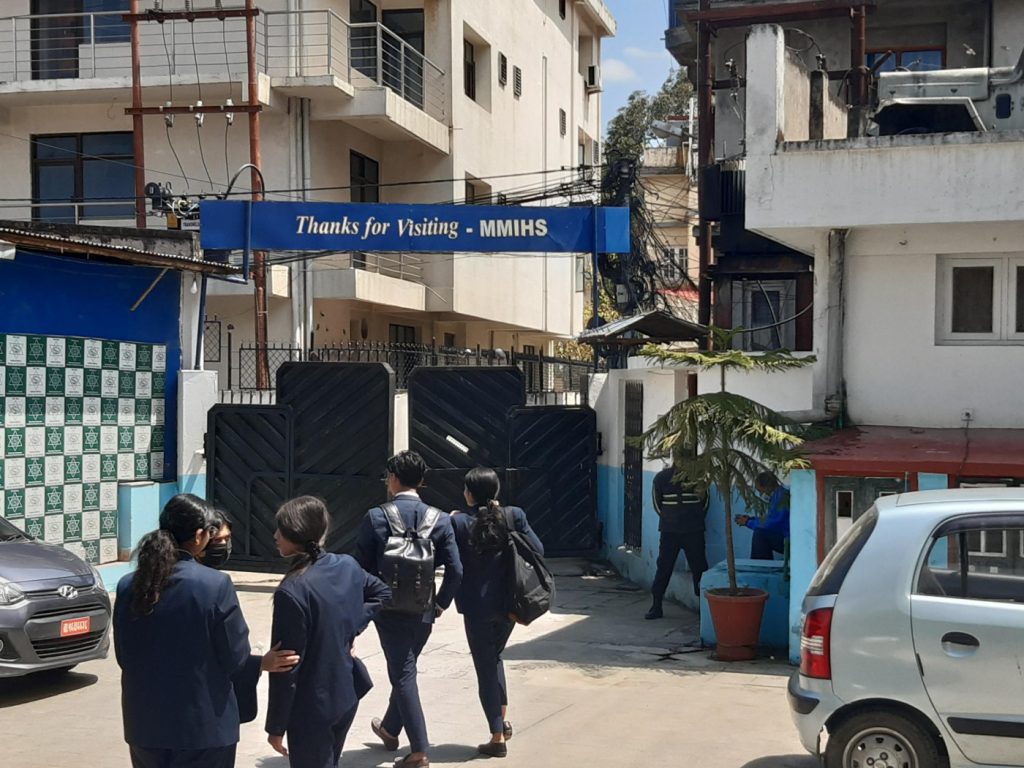
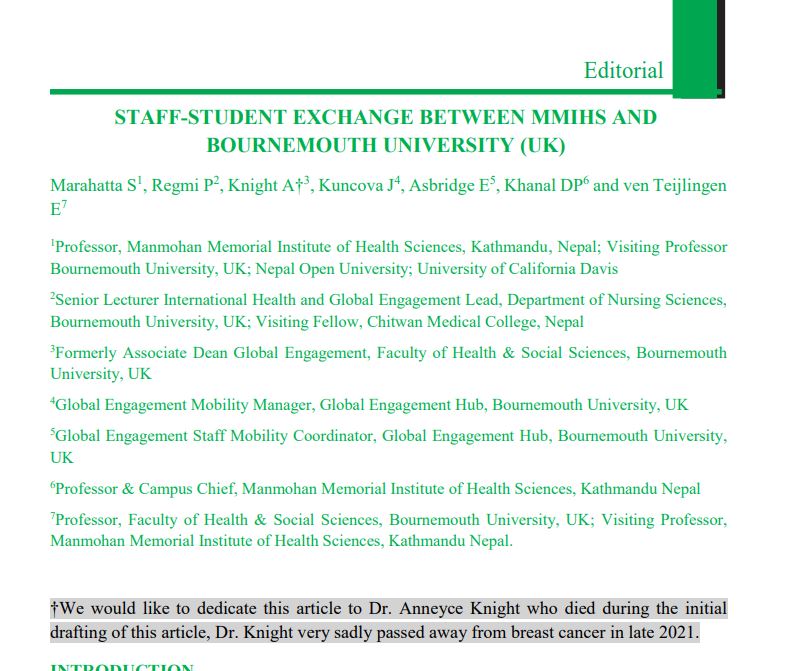

 Please help us in avoiding any waste of resources; make sure you can attend or cancel your booking prior to the session. For any further information, please contact
Please help us in avoiding any waste of resources; make sure you can attend or cancel your booking prior to the session. For any further information, please contact 












 SPROUT: From Sustainable Research to Sustainable Research Lives
SPROUT: From Sustainable Research to Sustainable Research Lives BRIAN upgrade and new look
BRIAN upgrade and new look Seeing the fruits of your labour in Bangladesh
Seeing the fruits of your labour in Bangladesh Exploring Embodied Research: Body Map Storytelling Workshop & Research Seminar
Exploring Embodied Research: Body Map Storytelling Workshop & Research Seminar Marking a Milestone: The Swash Channel Wreck Book Launch
Marking a Milestone: The Swash Channel Wreck Book Launch ECR Funding Open Call: Research Culture & Community Grant – Application Deadline Friday 12 December
ECR Funding Open Call: Research Culture & Community Grant – Application Deadline Friday 12 December MSCA Postdoctoral Fellowships 2025 Call
MSCA Postdoctoral Fellowships 2025 Call ERC Advanced Grant 2025 Webinar
ERC Advanced Grant 2025 Webinar Update on UKRO services
Update on UKRO services European research project exploring use of ‘virtual twins’ to better manage metabolic associated fatty liver disease
European research project exploring use of ‘virtual twins’ to better manage metabolic associated fatty liver disease